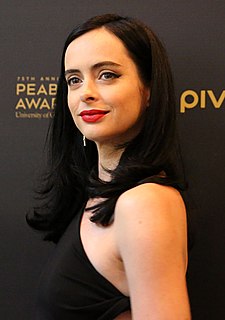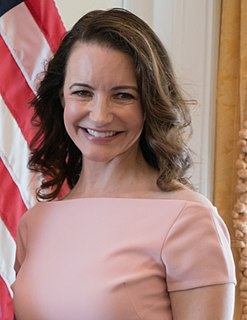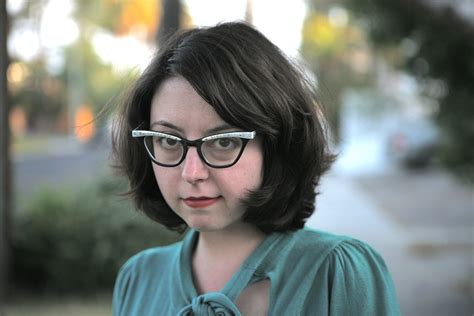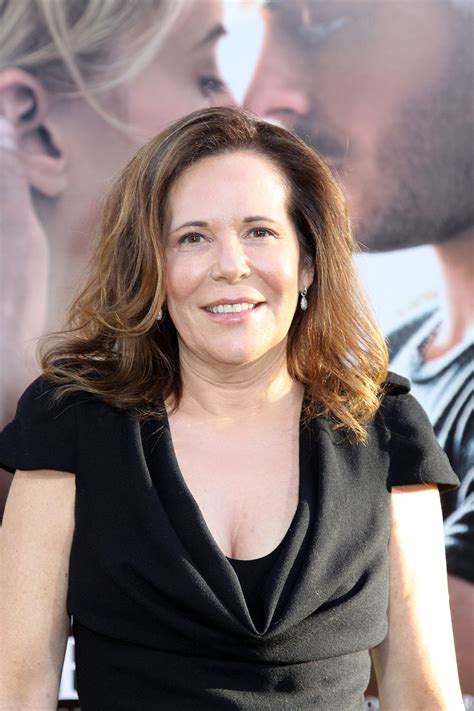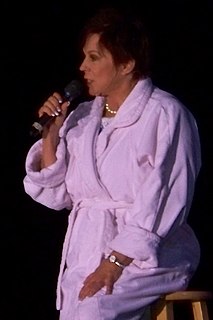A Quote by Krysten Ritter
After 'Jessica Jones' came out, I started hearing firsthand from a lot of women who were so inspired by the character, who felt represented, who felt like watching Jessica on screen helped them in their own lives. Women are devouring content like that because everybody is complicated; not everybody is one thing.
Related Quotes
As a male, I thought the female voice was so strong, unique, real and accessible to most females. In some way, shape or form, they felt like they could relate to it, on some level, because they went through some form of unspeakable horror like what Kilgrave did to Jessica [Jones]. That, in itself, is something that most people shy away from, even in shows that are on cable or in movies.
There were a few before me, there was a generation that started a little bit before me of women producers and Sherry Lansing, she was the first woman studio president, and she was really inspiring to me. I was inspired by other women in other fields, I was an adolescent in the 70s with the second wave feminism, and I got very inspired by that and felt like, you know what, there's no reason why I can't do this.
